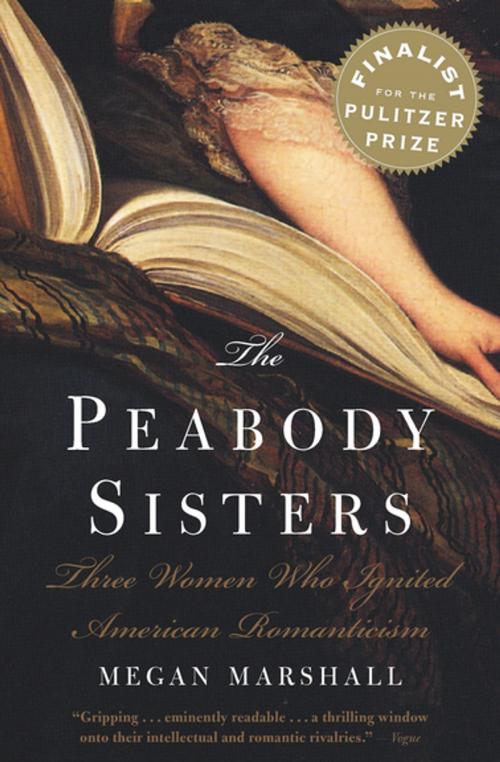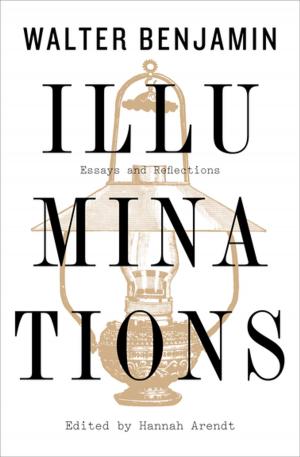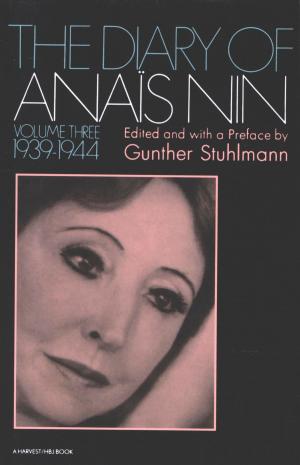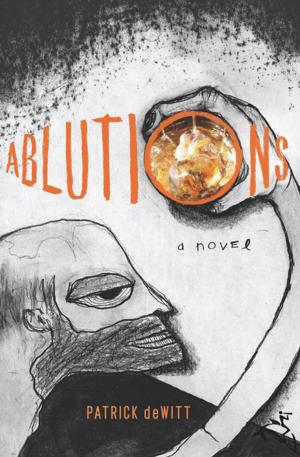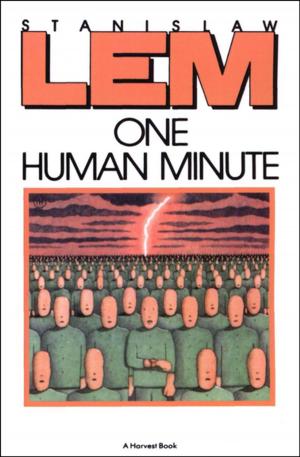The Peabody Sisters
Three Women Who Ignited American Romanticism
Nonfiction, History, Americas, United States, 19th Century, Biography & Memoir, Literary| Author: | Megan Marshall | ISBN: | 9780547348759 |
| Publisher: | Houghton Mifflin Harcourt | Publication: | May 11, 2006 |
| Imprint: | Mariner Books | Language: | English |
| Author: | Megan Marshall |
| ISBN: | 9780547348759 |
| Publisher: | Houghton Mifflin Harcourt |
| Publication: | May 11, 2006 |
| Imprint: | Mariner Books |
| Language: | English |
Pulitzer Prize Finalist: “A stunning work of biography” about three little-known New England women who made intellectual history (The New York Times).
Elizabeth, Mary, and Sophia Peabody were in many ways the American Brontës. The story of these remarkable sisters—and their central role in shaping the thinking of their day—has never before been fully told. Twenty years in the making, Megan Marshall’s monumental biography brings the era of creative ferment known as American Romanticism to new life.
Elizabeth Peabody, the oldest sister, was a mind-on-fire influence on the great writers of the era—Emerson, Hawthorne, and Thoreau among them—who also published some of their earliest works; it was she who prodded these newly minted Transcendentalists away from Emerson’s individualism and toward a greater connection to others. Middle sister Mary Peabody was a passionate reformer who finally found her soul mate in the great educator Horace Mann. And the frail Sophia, an admired painter among the preeminent society artists of the day, married Nathaniel Hawthorne—but not before Hawthorne threw the delicate dynamics among the sisters into disarray.
Casting new light on a legendary American era, and on three sisters who made an indelible mark on history, Marshall’s unprecedented research uncovers thousands of never-before-seen letters as well as other previously unmined original sources. “A massive enterprise,” The Peabody Sisters is an event in American biography (The New York Times Book Review).
“Marshall’s book is a grand story . . . where male and female minds and sensibilities were in free, fruitful communion, even if men could exploit this cultural richness far more easily than women.” —The Washington Post
“Marshall has greatly increased our understanding of these women and their times in one of the best literary biographies to come along in years.” —New England Quarterly
Pulitzer Prize Finalist: “A stunning work of biography” about three little-known New England women who made intellectual history (The New York Times).
Elizabeth, Mary, and Sophia Peabody were in many ways the American Brontës. The story of these remarkable sisters—and their central role in shaping the thinking of their day—has never before been fully told. Twenty years in the making, Megan Marshall’s monumental biography brings the era of creative ferment known as American Romanticism to new life.
Elizabeth Peabody, the oldest sister, was a mind-on-fire influence on the great writers of the era—Emerson, Hawthorne, and Thoreau among them—who also published some of their earliest works; it was she who prodded these newly minted Transcendentalists away from Emerson’s individualism and toward a greater connection to others. Middle sister Mary Peabody was a passionate reformer who finally found her soul mate in the great educator Horace Mann. And the frail Sophia, an admired painter among the preeminent society artists of the day, married Nathaniel Hawthorne—but not before Hawthorne threw the delicate dynamics among the sisters into disarray.
Casting new light on a legendary American era, and on three sisters who made an indelible mark on history, Marshall’s unprecedented research uncovers thousands of never-before-seen letters as well as other previously unmined original sources. “A massive enterprise,” The Peabody Sisters is an event in American biography (The New York Times Book Review).
“Marshall’s book is a grand story . . . where male and female minds and sensibilities were in free, fruitful communion, even if men could exploit this cultural richness far more easily than women.” —The Washington Post
“Marshall has greatly increased our understanding of these women and their times in one of the best literary biographies to come along in years.” —New England Quarterly
